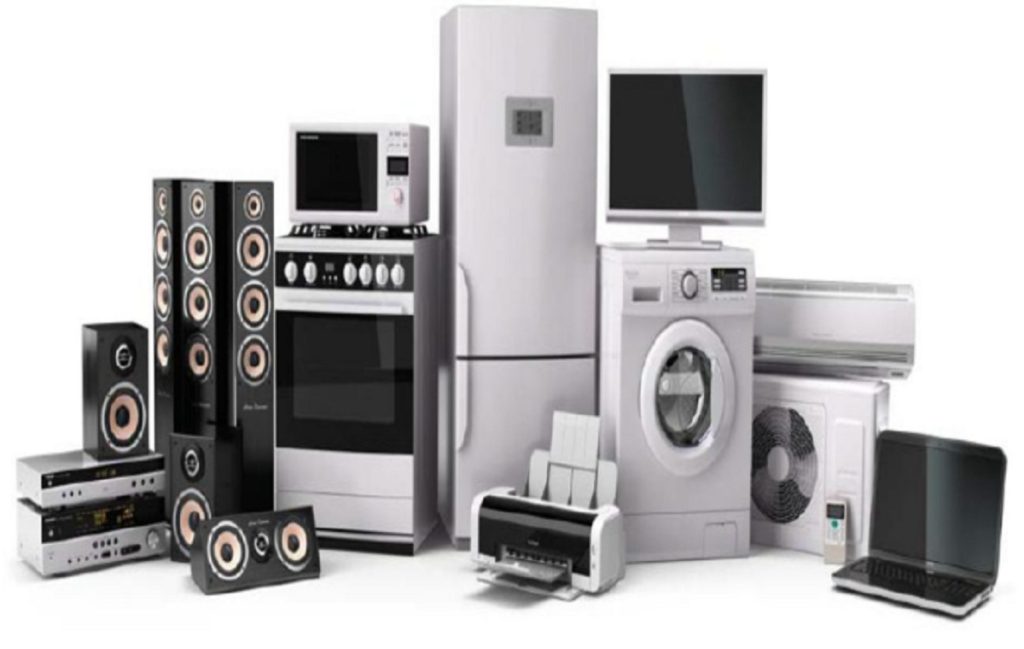As temperatures rise and the scorching heat of summer sets in, it is crucial to find ways to stay cool and comfortable indoors. One of the most effective solutions to beat the heat is by using energy-efficient air conditioning systems. These modern marvels not only provide refreshing cool air but also help conserve energy and reduce electricity bills. Energy-efficient air conditioning systems are designed to optimize cooling performance while minimizing energy consumption. They utilize advanced technologies and smart features that make a significant difference in energy efficiency compared to older, traditional models. One of the key components of these systems is the use of variable-speed compressors, which adjust the cooling capacity according to the specific needs of the room. This intelligent feature ensures that the air conditioner operates at the most efficient level, reducing wasted energy and improving overall performance.

Another essential element of energy-efficient air conditioning systems is the incorporation of advanced sensors and programmable thermostats. These sensors continuously monitor the ambient temperature, humidity levels and occupancy of the room. By collecting real-time data, the system can adjust cooling levels accordingly, avoiding unnecessary energy consumption. Programmable thermostats allow users to set specific temperature preferences for different times of the day, enabling precise control and further energy savings. Furthermore, modern air conditioning systems employ innovative filtration systems that not only provide cleaner indoor air but also enhance energy efficiency. High-efficiency particulate air (HEPA) filters, electrostatic filters and ultraviolet germicidal irradiation (UVGI) technologies are utilized to capture dust, pollen, allergens and even bacteria and viruses. By ensuring the air is purified and free from contaminants, these systems contribute to a healthier indoor environment, especially for those with respiratory conditions, while optimizing airflow and reducing strain on the system.
Energy-efficient air conditioning systems also prioritize eco-friendly refrigerants. Traditional air conditioners often rely on hydro fluorocarbons (HFCs), which have a high global warming potential. However, modern systems are designed to use alternative refrigerants with lower environmental impact, such as hydrofluoroolefins (HFOs) or hydrocarbons. By adopting these greener refrigerants, energy-efficient air conditioners contribute to mitigating climate change and protecting the environment. In addition to their environmental benefits, energy-efficient air conditioning systems also offer long-term cost savings. While they may have a slightly higher initial cost, their improved energy efficiency results in significantly lower electricity bills over time. With rising energy prices and a growing focus on sustainable living, investing in an energy-efficient air conditioning system is a wise choice that pays off in the long run. In conclusion, when it comes to staying cool during the sweltering summer heat, energy-efficient air conditioning systems are the way to go. They combine cutting-edge technologies, advanced sensors and eco-friendly practices to provide optimal cooling performance while conserving energy. By investing in these systems, you can beat the heat, enjoy a comfortable indoor environment and contribute to a greener, more sustainable future. So, stay cool and beat the heat with energy-efficient air conditioning systems!

